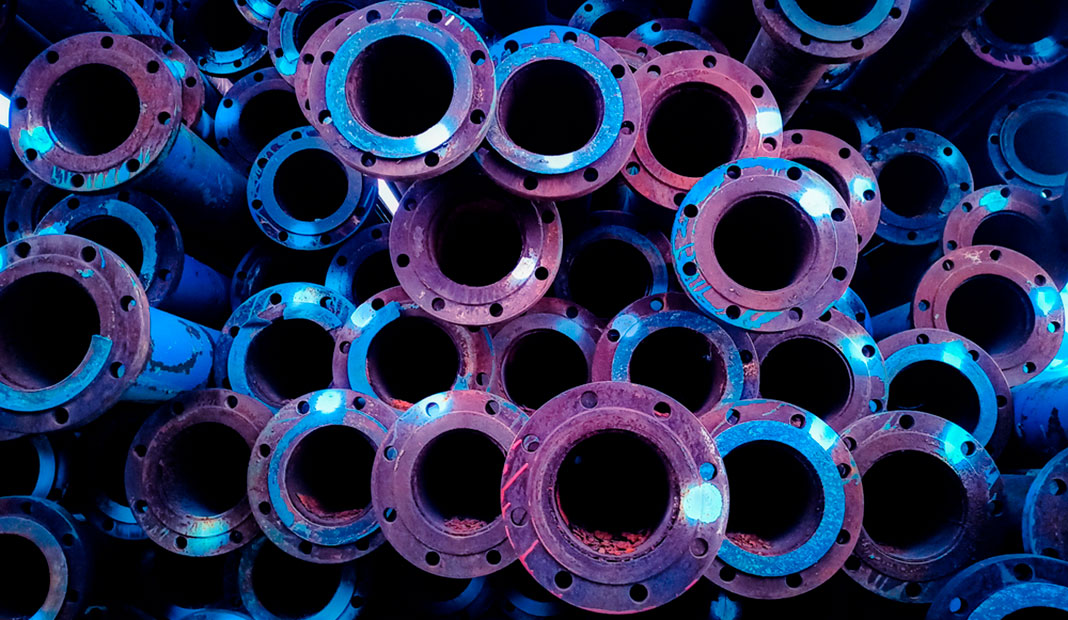Belching is a natural and normal process of the body to release excess gas in the digestive system through the mouth. This gas comes mainly from the air we swallow, from the consumption of carbonated drinks, or from the fermentation of food in the stomach and is also expelled through flatulence. However, if it becomes frequent and bothersome, it is advisable to consult a doctor because it could indicate a health problem, such as gastritis. It may also happen that the belches are smelly. This is the case of what is known as sulphurous belches, which have a characteristic smell of sulphur or rotten eggs.
- Causes of sulfurous burps
- Consumption of foods rich in sulfur
- Digestive disorders
- Use of certain medications
- Feeding Habits
- Prevention and treatment of sulfur-smelling burps
Causes of sulfurous burps
This unpleasant smell is due to the presence of hydrogen sulfide (H₂S) in the gases expelled during belching. Hydrogen sulfide is a gas produced in the digestive system during the breakdown of certain foods by intestinal bacteria and the main reasons why a person’s burps may have a bad smell are:
Consumption of foods rich in sulfur
Certain foods contain proteins rich in sulfur. This is the case of eggs, red meat and poultry, cruciferous vegetables such as broccoli, cabbage, Brussels sprouts and cauliflower. Also garlic and onions, which are known for their high content of sulfur compounds.
Digestive disorders
Belching with a sulfurous smell can also be a sign of the presence of some digestive system diseases such as:
- Irritable bowel syndrome (IBS): People with irritable bowel syndrome may experience irregular digestion and the production of sulfurous gases.
- Celiac disease: Gluten intolerance can lead to digestive problems and abnormal gas production.
- Lactose intolerance: The inability to digest lactose can lead to the production of sulfurous gases.
- Gastrointestinal infections, such as infection with the bacteria Helicobacter pylori, can disrupt digestion and increase the production of smelly gases.
- Intestinal parasitosis such as giardiasis.
- Gastritis.
- Gastroesophageal reflux (GERD).
- Stress and anxiety can affect your digestion and cause gas and smelly burps.
Use of certain medications
Antibiotics can upset the balance of intestinal flora and encourage the growth of bacteria that produce sulfur gas. Some dietary supplements containing sulfur can also contribute to the odor of burps.
Feeding Habits
Eating too quickly can encourage air intake and increase gas production. Chewing gum frequently or drinking too much carbonated beverages also contribute to gas formation in the stomach.

Prevention and treatment of sulfur-smelling burps
Preventing or treating modifiable causes of sulfur-smelling burps is the most helpful way to avoid their occurrence, such as:
- Modify your diet and reduce the consumption of foods rich in sulfur, as well as ultra-processed foods, which include high levels of salt, sugar, or additives that can intensify digestive symptoms and sulfur burps.
- Eat slowly, chewing food well and do not talk during meals to reduce air intake.
- Some infusions, such as chamomile, lemon balm, boldo, hibiscus or green tea, promote digestion and help eliminate halitosis and bad breath caused by belching.
- Avoid carbonated drinks, which can increase gas production.
- Take probiotics, which help maintain a healthy balance of bacteria in the gut.
- Stay well hydrated by drinking water throughout the day and avoiding alcohol.
- Consult a doctor if sulfurous burps are persistent or accompanied by other symptoms to rule out underlying infections or digestive disorders, or to properly diagnose and treat their causes.














